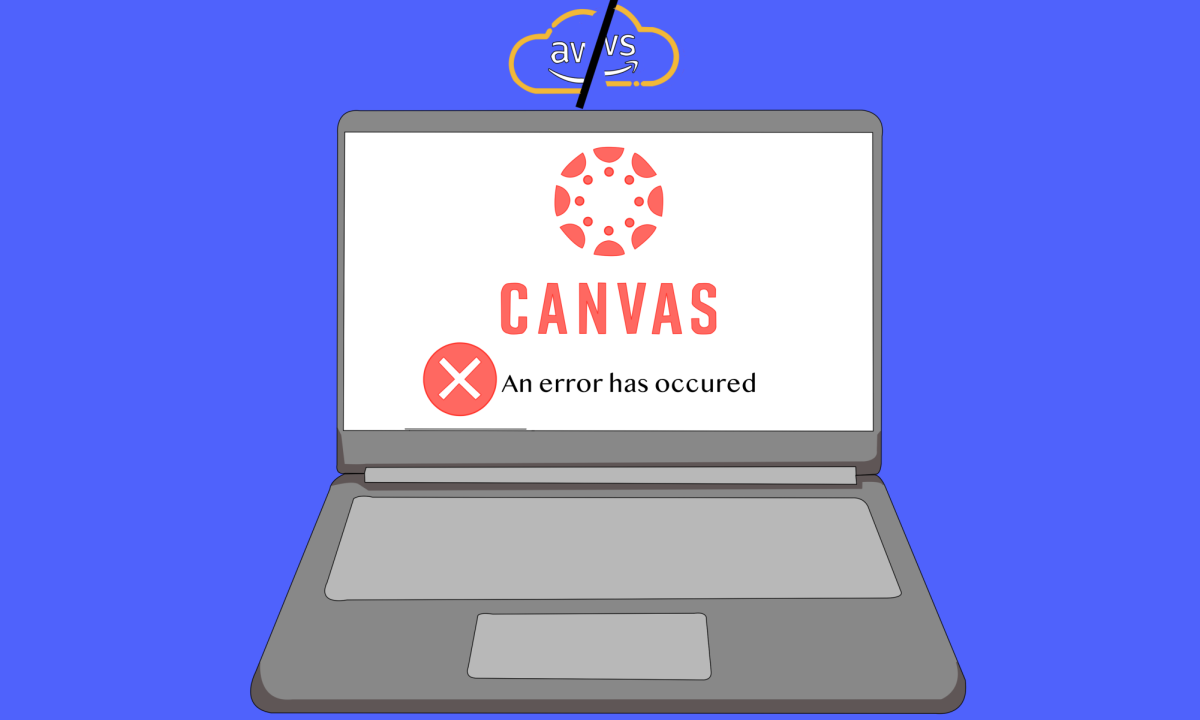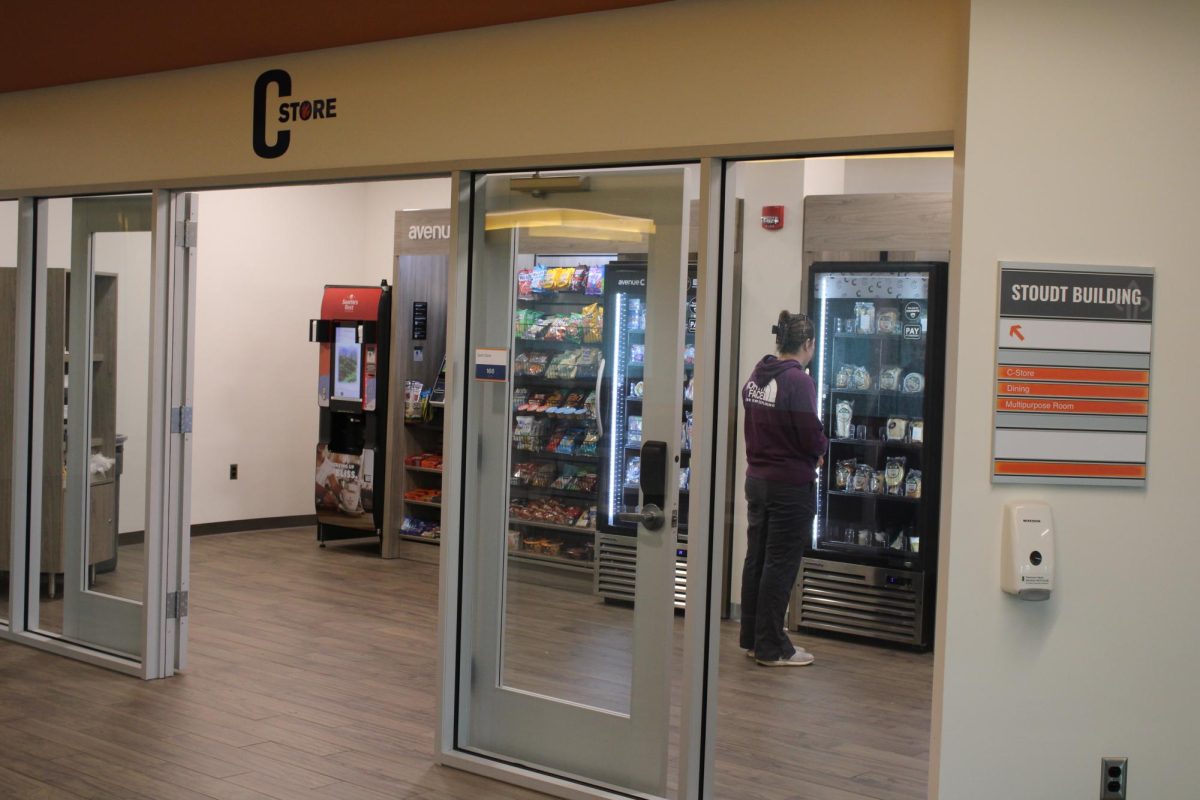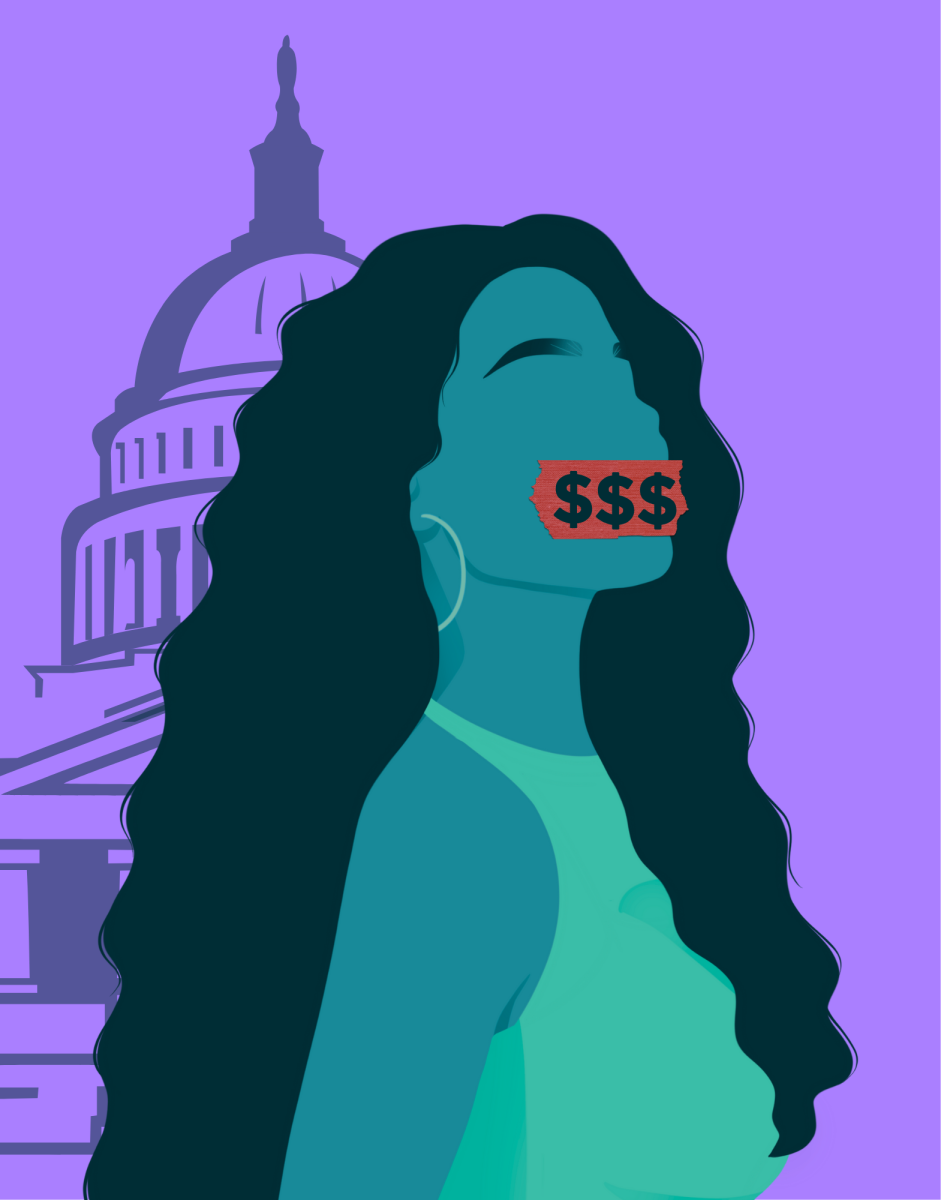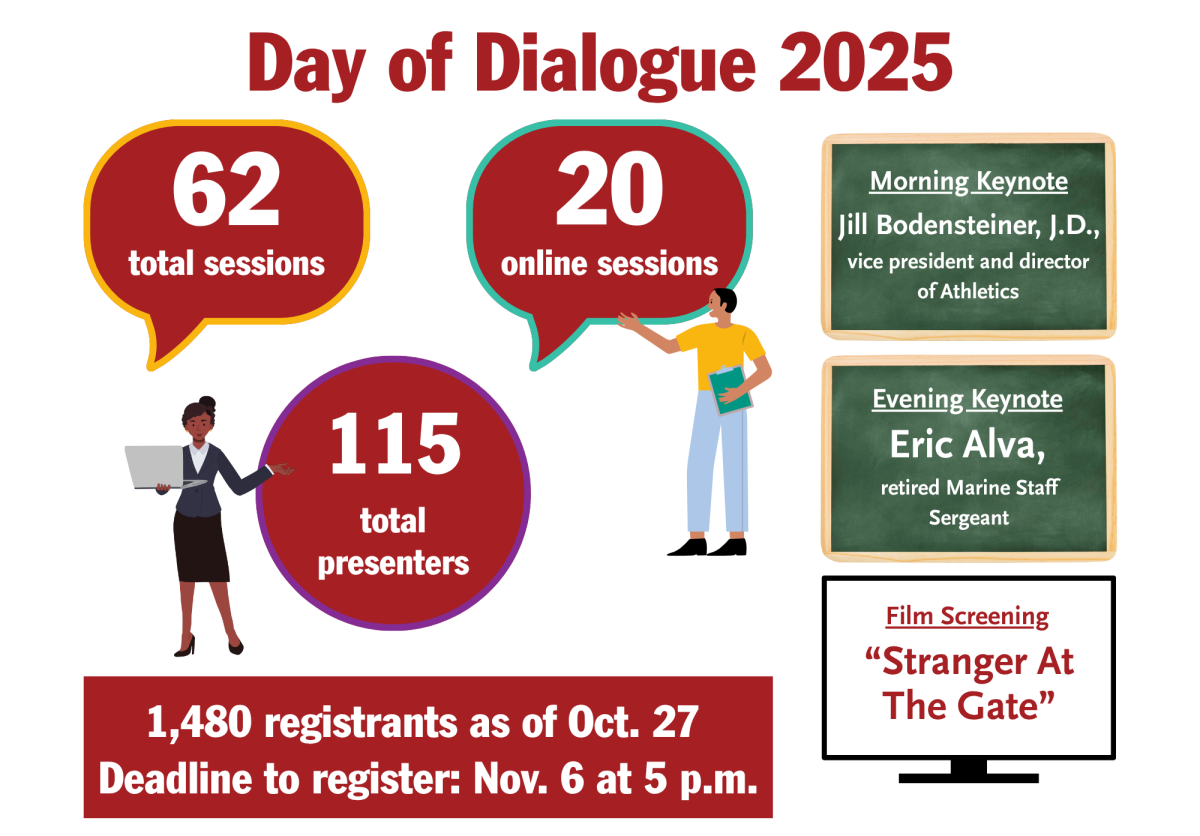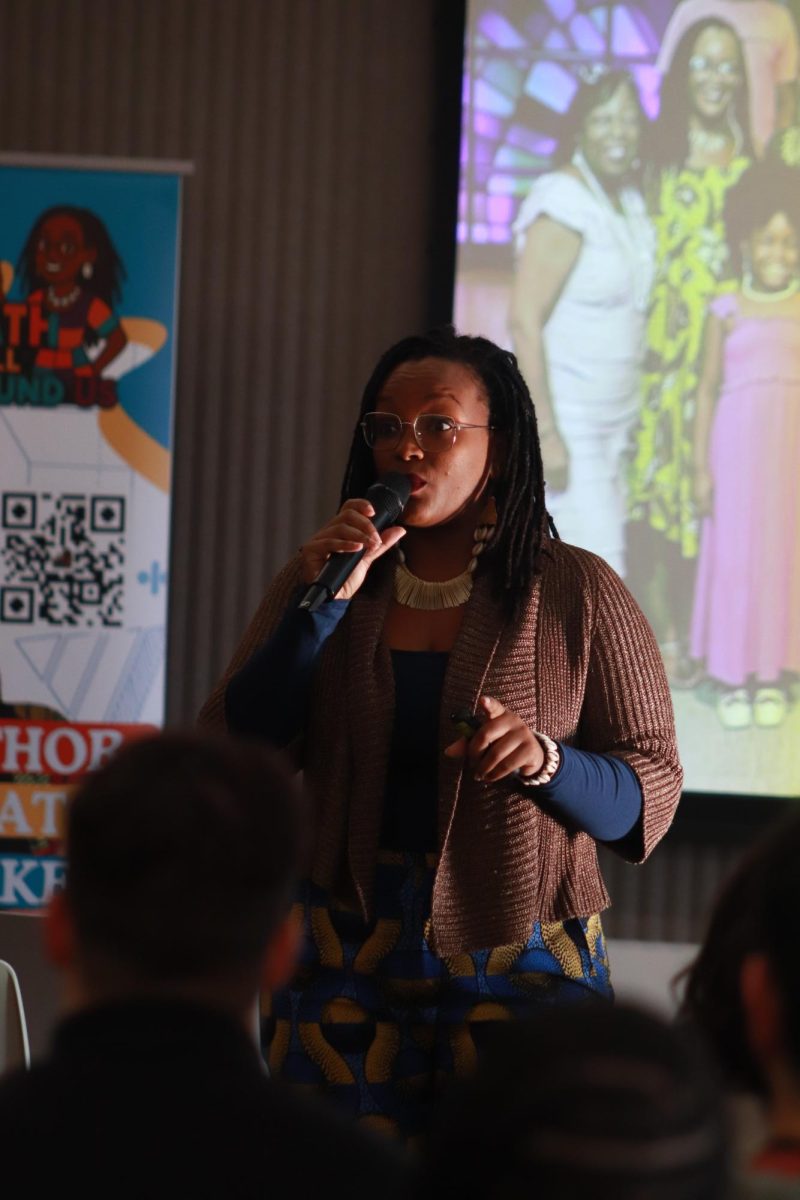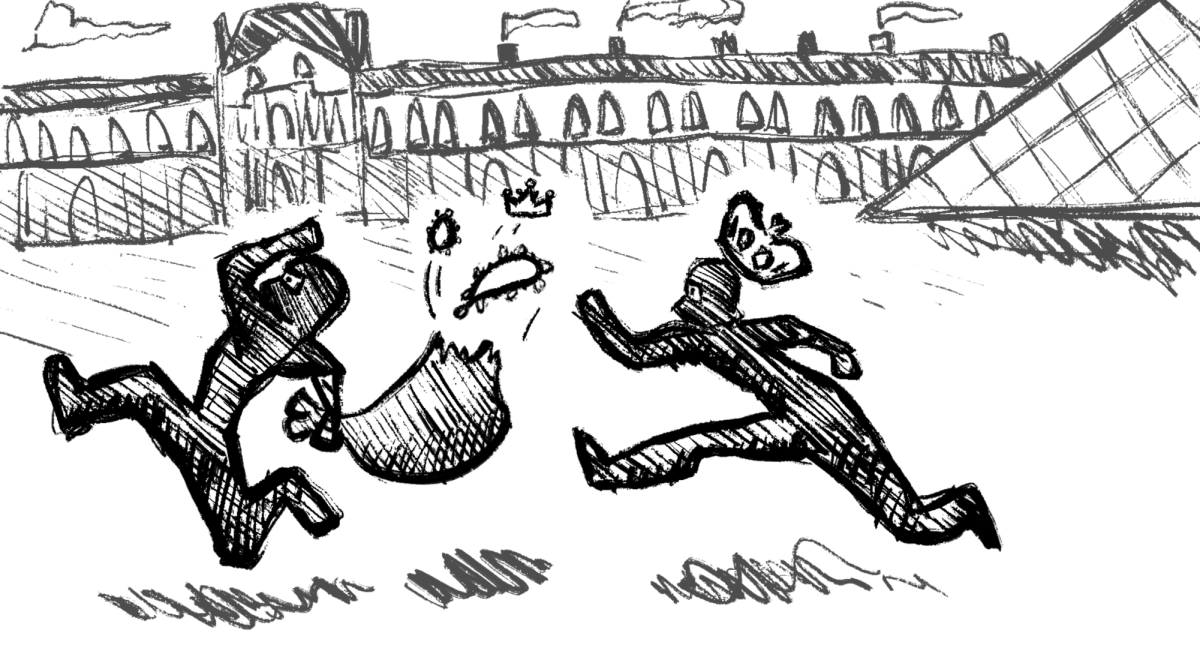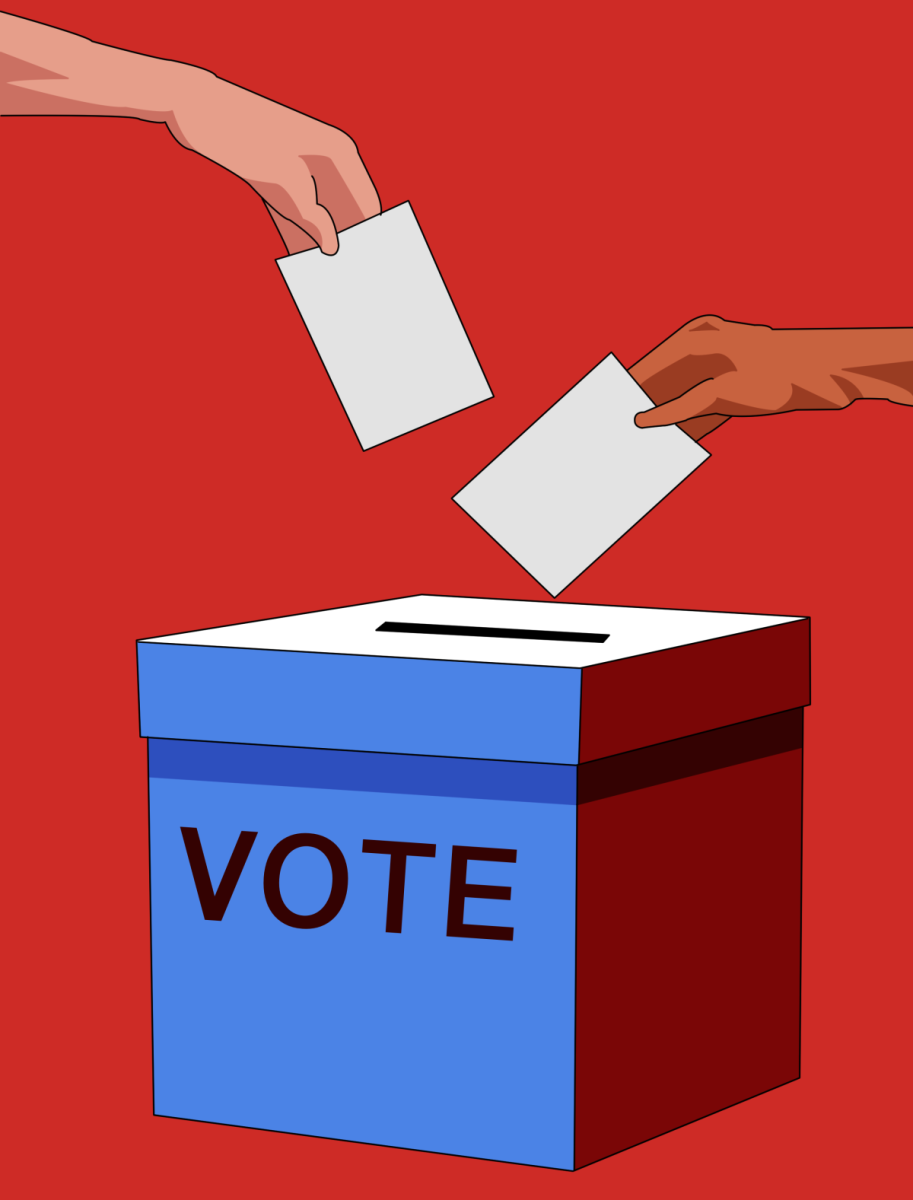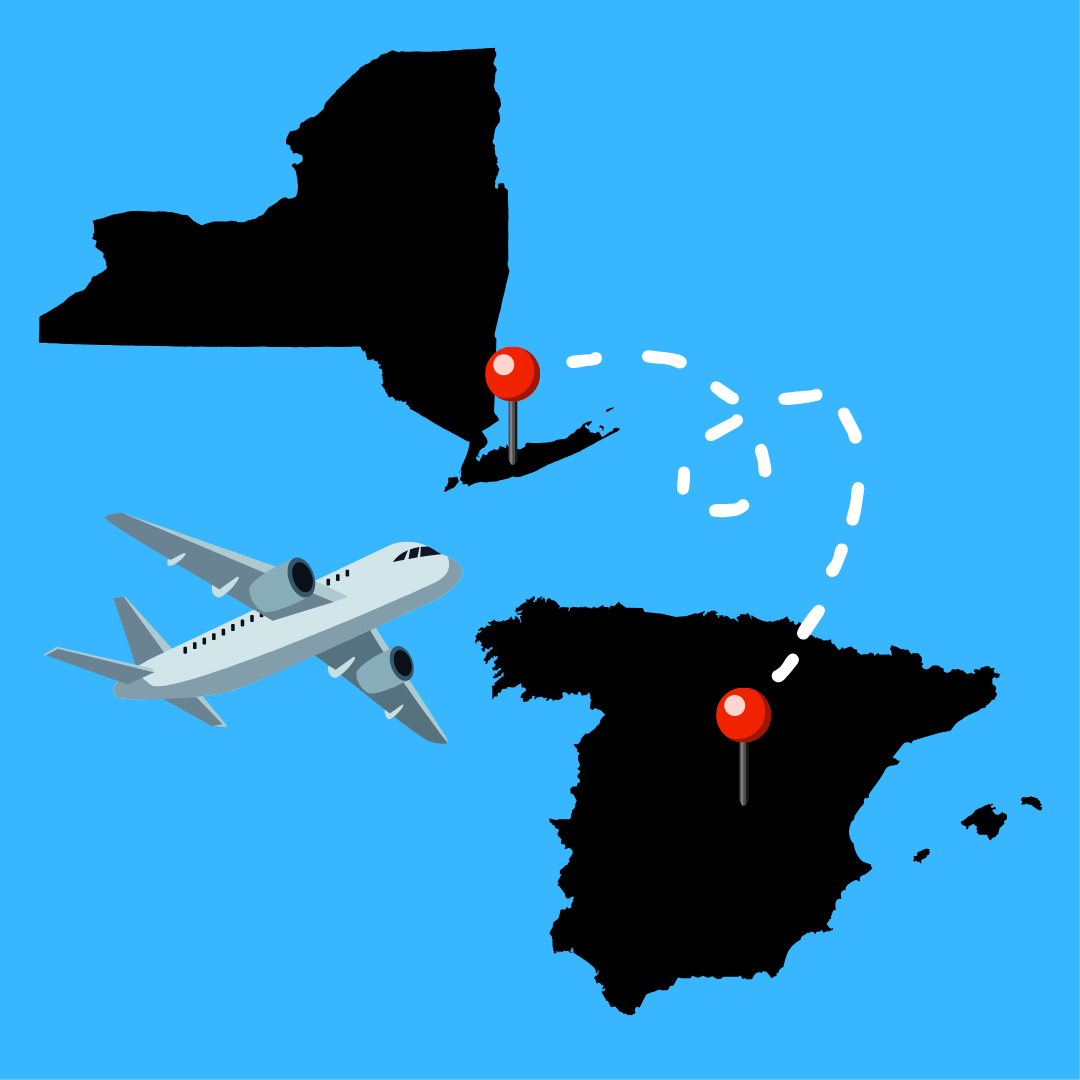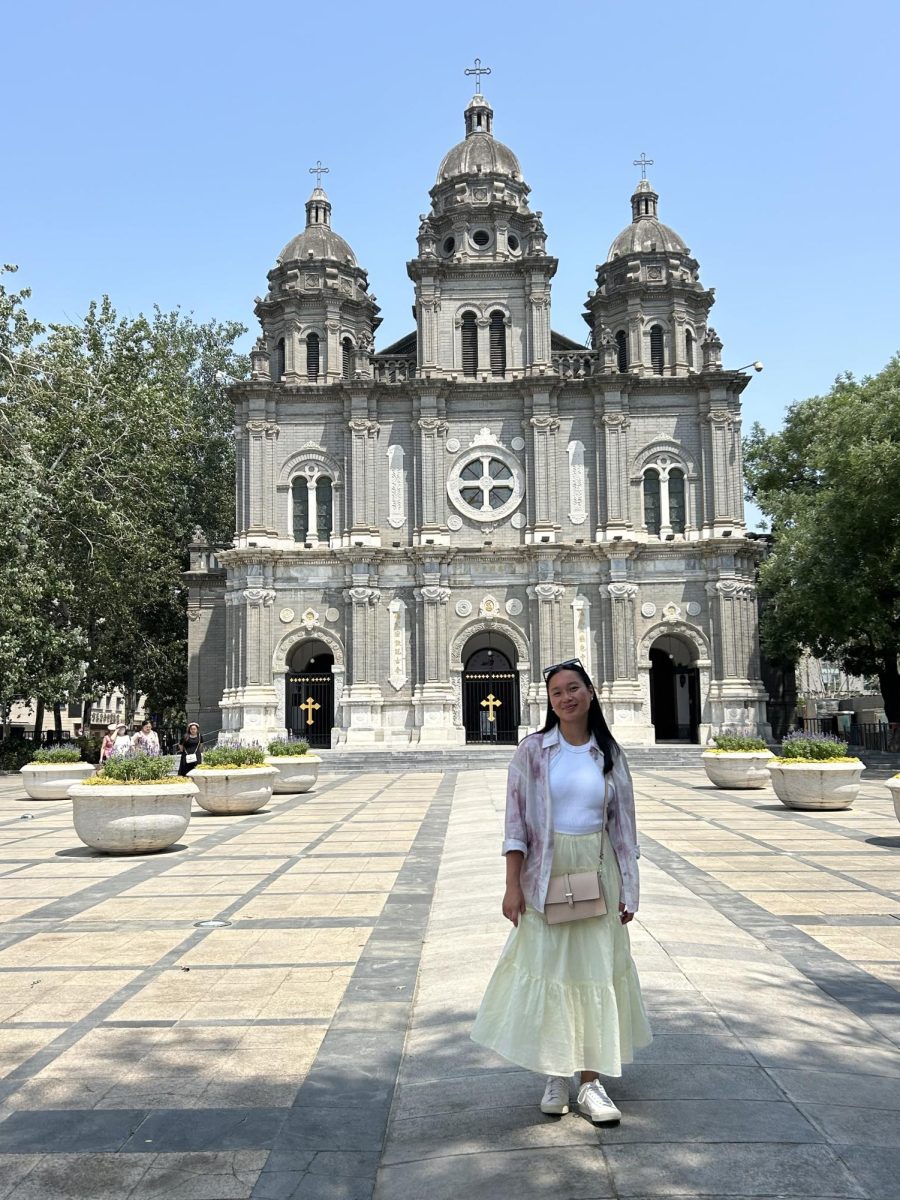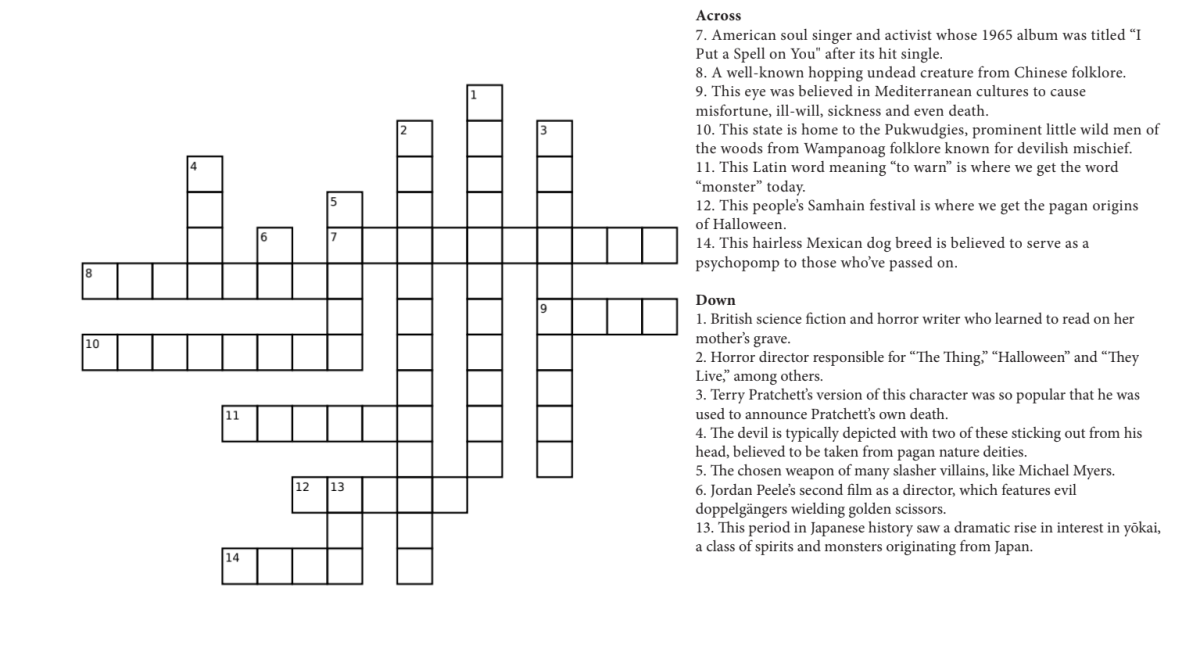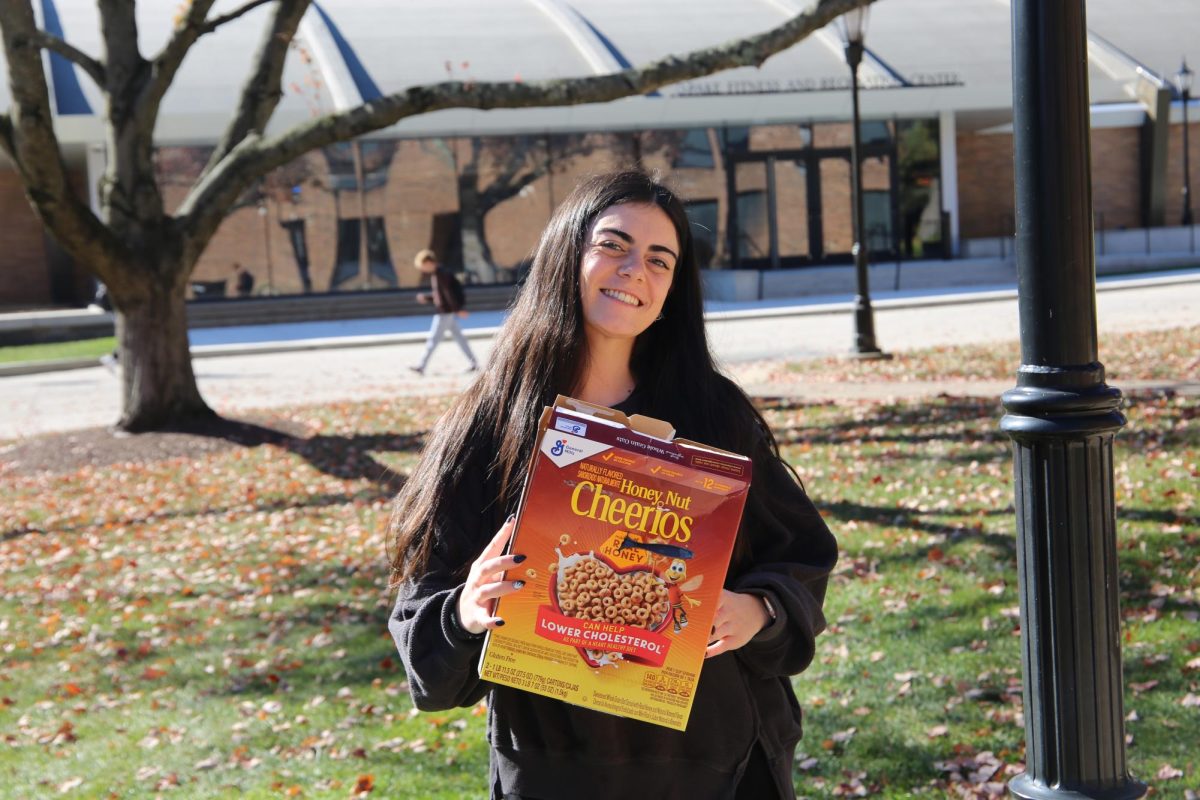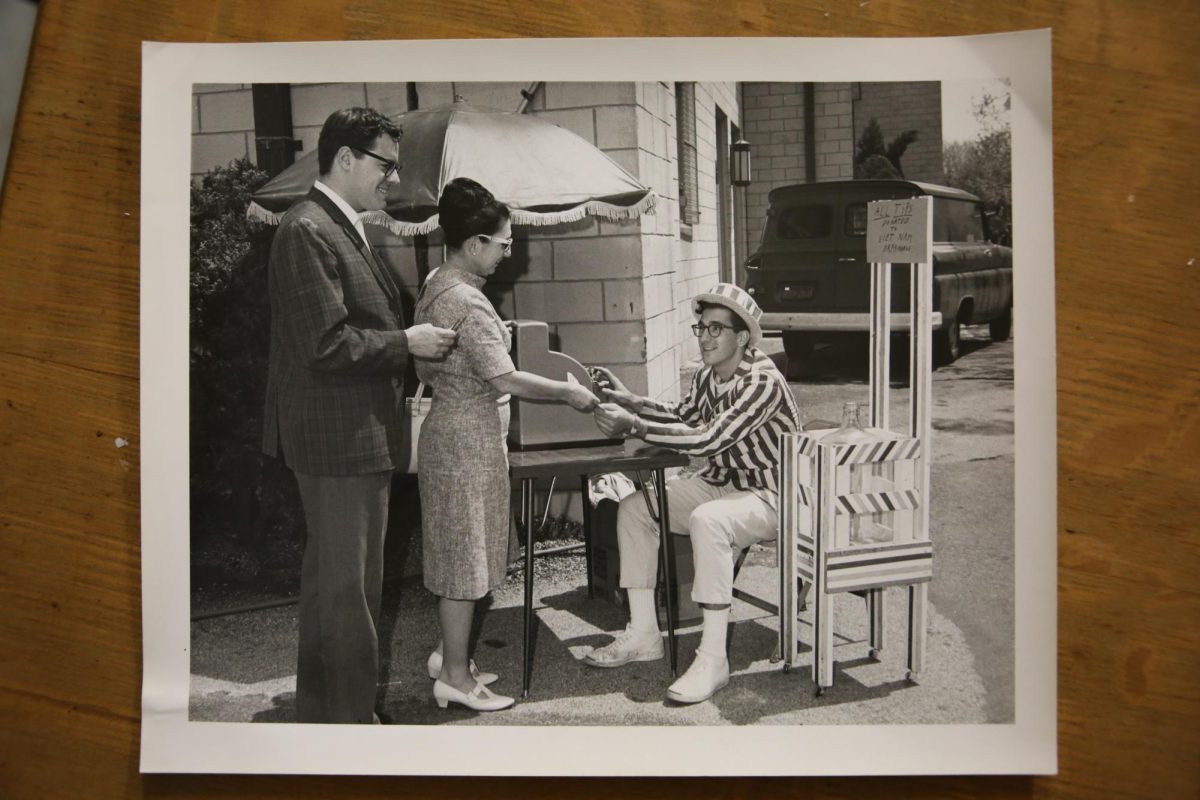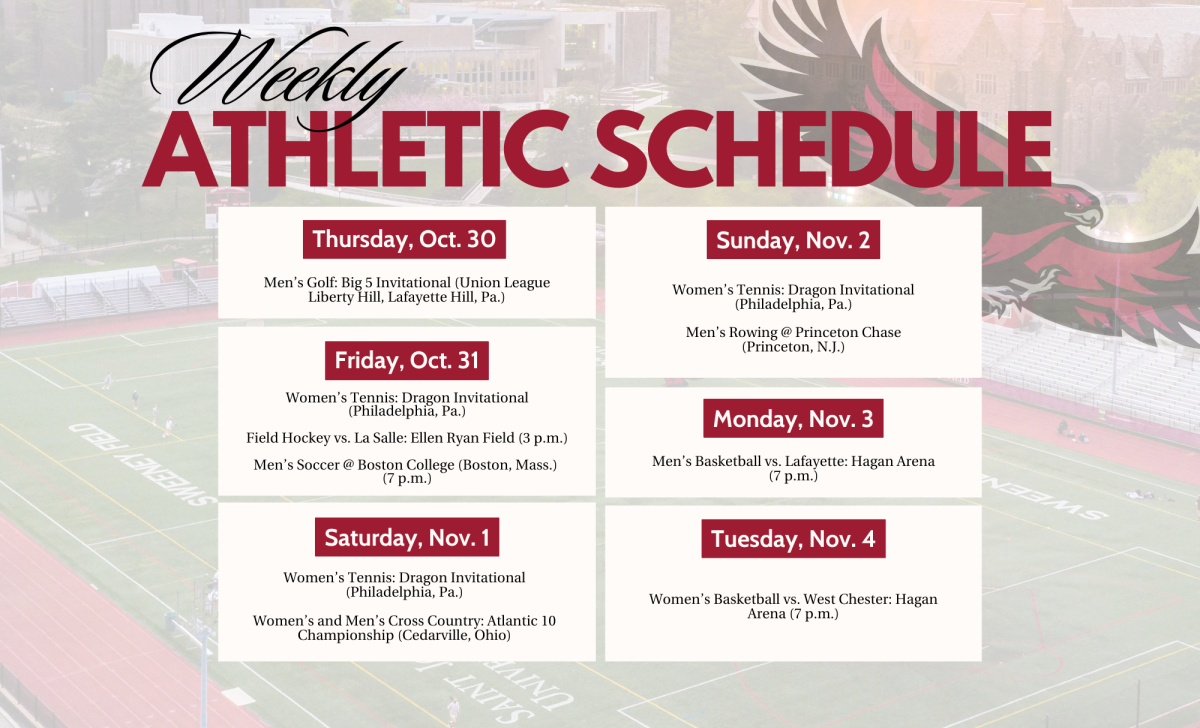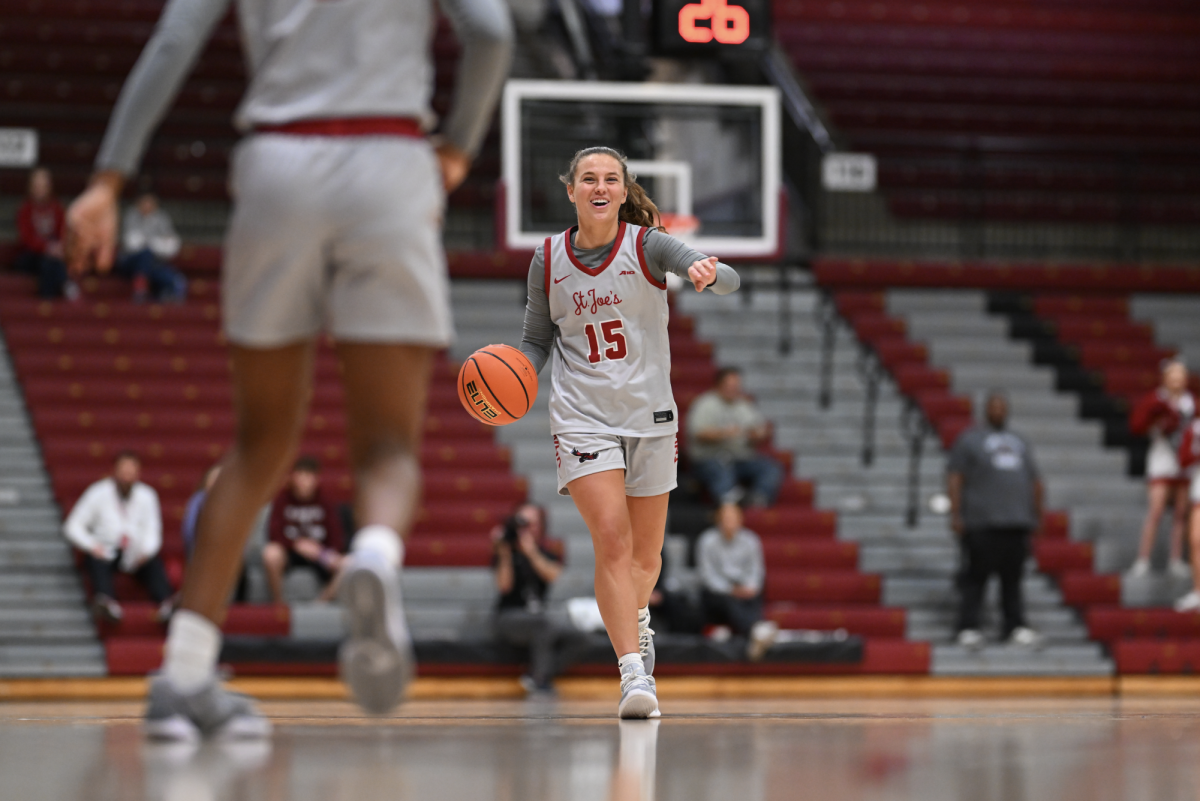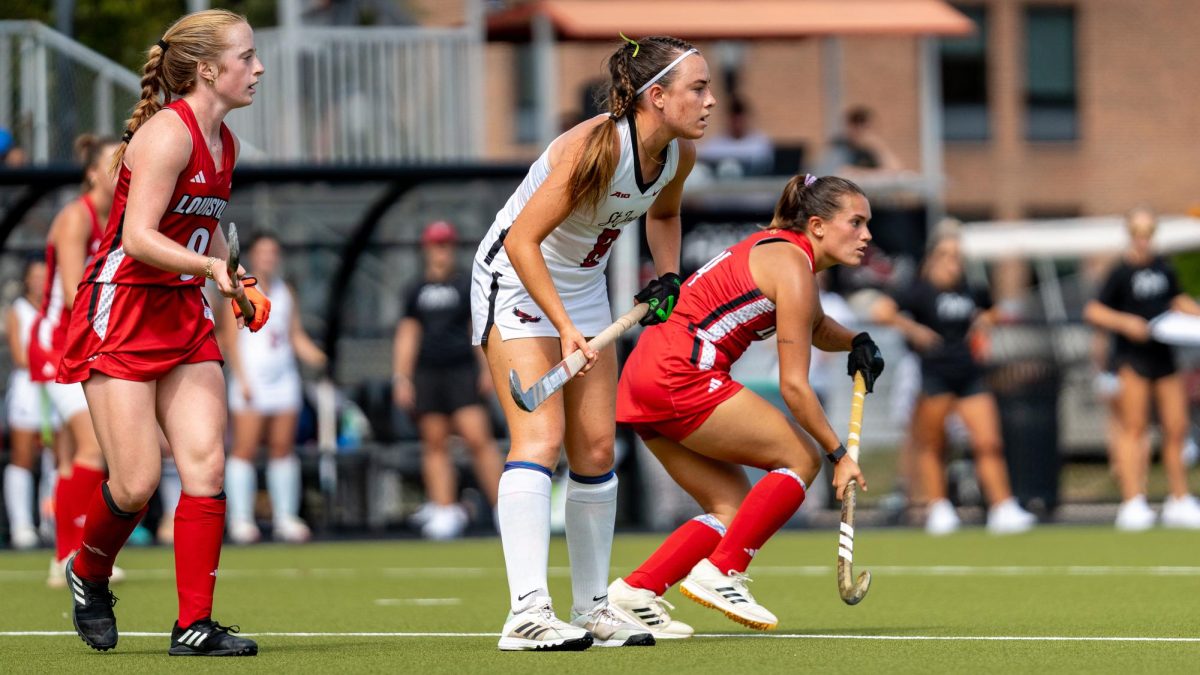Ways to support the Muslim community
April 1 marked the first night of Ramadan, the holiest month of the year for practitioners of the Islamic faith.
Ramadan celebrates the month-long revelations from Allah (God in Arabic) received by the Prophet Muhammad from the angel Gabriel. These revelations became the holy book, the Quran. Muslims follow the lunar calendar, which explains why Ramadan falls on a different date each year. The revelations came to Muhammad on the ninth lunar cycle.
Ramadan is a time of spiritual growth when Muslims around the world partake in fasting, prayer and reflection.
The most well-known aspect of Ramadan is fasting. After all, fasting is one of the five foundational pillars of Islam, along with belief in God, daily prayers, charity and pilgrimage to Mecca. From sunrise to sunset, eating and drinking is not permitted, including water. Muslims wake up, have an early pre-dawn meal called suhoor and break their fast with a meal called iftar.
There are multiple reasons why Muslims fast. It is seen as a sign of worship of Allah, a way to focus less on physical and material needs and to be more compassionate toward those who may not have access to food and water. Those who are sick, taking medication, traveling, menstruating or are pre-pubescent or elderly are exempt from fasting.
While fasting is a major aspect of Ramadan, there is also a strong emphasis on prayer, charity and self-improvement. To become closer to God, Muslims pray regularly and read the Quran. Abstinence is required from impure thoughts, lying, cursing and gossip. Muslims are encouraged to help those in need by donating money, food and even time through volunteering.
As Ramadan continues, it is important that we are respectful and supportive of our Muslim students, faculty and staff on campus by refraining from judgment on the religious practices of the holiday.
Fasting is a spiritual experience that requires great self-discipline which can often be difficult. Therefore, it is important to be mindful of those who are fasting, and to accommodate anyone needing to be excused to break their fast or pray.
Muslim members of our community will be up early in the morning for suhoor; and later prayers, such as taraweeh, will occur late at night. If possible, avoiding topics of discussion that are heavily food-related is appreciated.
We wish all the Muslim members of our community Ramadan Mubarak and hope this period is full of spiritual growth, success and blessings.

